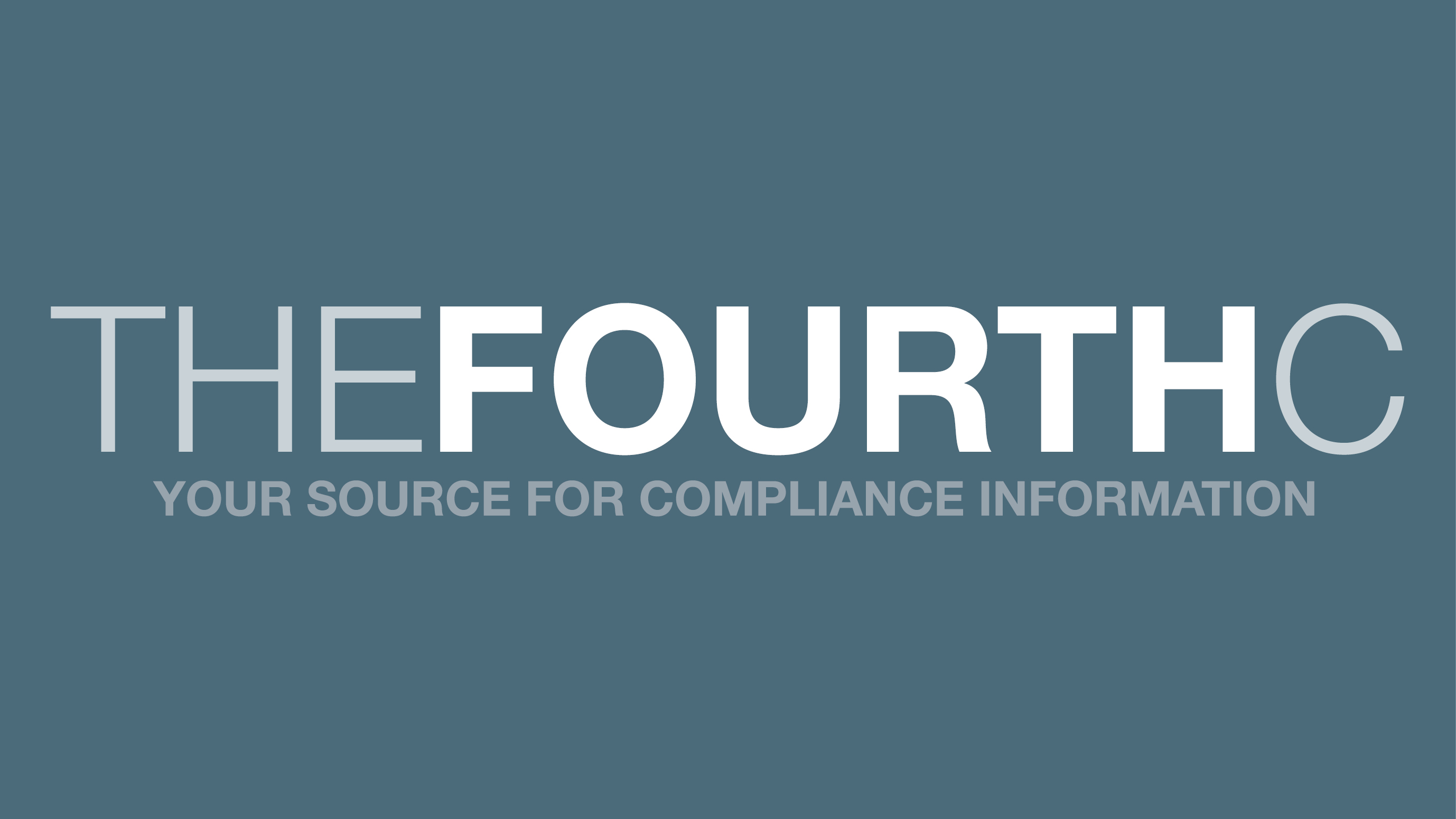
A Power of Attorney (“POA”) is simply a document in which an individual (the “Principal”) appoints someone else to act on his behalf. We call that person either an “Attorney-in-Fact” or an “Agent.” The POA can be a powerful tool to assist in managing the affairs of aging family members, those who travel frequently or who are just unavailable to come into the office (including those in the service of our country overseas). To address other needs, in many states, one can create a “durable” power of attorney where the authority to act continues even after the Principal is no longer competent to do so themselves.
Even though a POA can be convenient for our customers, the use of POAs is a regular source of very expensive claims, elder abuse, and theft (two things you never want to be accused of facilitating). A POA has an unusual potential for mischief and fraud. Because we are not dealing with the Principals directly, we don’t get to check their ID; we don’t have a good way to verify that the signature on the POA is not a forgery, or that the Principals were competent and not under duress. Having broad power over someone else’s assets can prove an irresistible temptation, and we can’t always ask the Principal if they understand and approve of the transaction.
As is often the case, the Principal may be in their senior years with possible diminished physical or mental capacities. The title claims may be raised by children (usually not the one acting under the POA) long after the parents are available to explain their actions and desires.
Ask Why?
The first step as a title professional is to understand “WHY?” Why can’t the Principal come in and sign for themselves? Why is reliance on a Power of Attorney necessary at all?
Some scenarios are straight-forward and readily understandable. One of the parties is out of the country, perhaps in the military, unavailable for closing and the basic transaction is an arms-length sale or one that otherwise makes sense. One of the parties is aged, infirm or incompetent; the family no longer needs the vacation house, but needs the cash to cover a parent’s medical needs.
Sometimes the answers to the “Why?” question raise red flags or just “smell bad.” You can’t turn off your common sense when asked to accept a POA. If it doesn’t feel right, it probably isn’t. Every conflict of interest scenario qualifies for extra scrutiny. But so do scenarios where the Principal is available, but regardless they want to use a POA.
Have you ever been asked to provide or review an unsigned form of Power of Attorney? Or provided one dated only a few days ago? If the Principal was available to sign a Power of Attorney, why can’t they sign the actual documents? To us, this is a red flag.
Other times, the transaction itself doesn’t feel quite right. A cash-out mortgage for an older owner who has no apparent need for cash. A request to pay proceeds to the Agent. Sometimes the person wanting to act as Attorney-in-Fact just doesn’t generate a comfort level. Trust your Gut. Dig Deeper!
You DO NOT have any duty to accept every Power of Attorney that comes in the door (more on that in part IV). Historically, as our real estate laws and practices developed, there was supposed to be a sense of “occasion” and formality in the sale or mortgaging of real property. That’s why we have witness and notary requirements and why there are so many disclosures and rescission periods. Real estate transactions were never intended to be something done casually or too easily.
If you have a sense of discomfort in the request to rely on a POA, discuss it with your manager and make a few calls. Insist on talking directly with the Principal. (Whenever feasible using a phone number you find independently.) It is often helpful to explain this to the attorney-in-fact as part of what you do to protect them and the sanctity of the transaction. If one of their siblings, or anyone else, later alleged improper influence had been exerted – which happens all too frequently – your notes of the conversation will provide you and them a degree of protection. If they protest too much, that also tells you something.
Your goal is to verify the validity of the POA directly with the Principal and review the proposed transaction with them. Ask the Principal about the planned use of the loan, the purpose of the transaction. If they don’t understand the transaction, or why they are entering into it, that is a Red Flag. Discuss it with your underwriter. If they do exhibit an understanding of the transaction, document your file carefully – that can be the difference between winning or losing when a claim is filed. If the Principal is not physically up to signing the entire package, you might ask them to sign only key documents or a ratification of the use of the Power of Attorney for this specific transaction. In addition, you will need lender approval for the use of a Power of Attorney.
Understanding “Why?” is only the first step in relying on a Power of Attorney for an insured transaction. After we’ve reached a comfort level that the POA is legitimately signed by the Principal, that the Principal approves the transaction, and everything is on the up and up, only then do we start our legal analysis.
As a legal matter, POAs are strictly construed both as to their formal legal requirements and the powers granted. So we have to be very careful in permitting their use in any insured transaction – and that will be an article for next month’s FourthC.
Alan B. Fields
SVP – Director of Underwriting Services
WFG National Title Insurance Company




